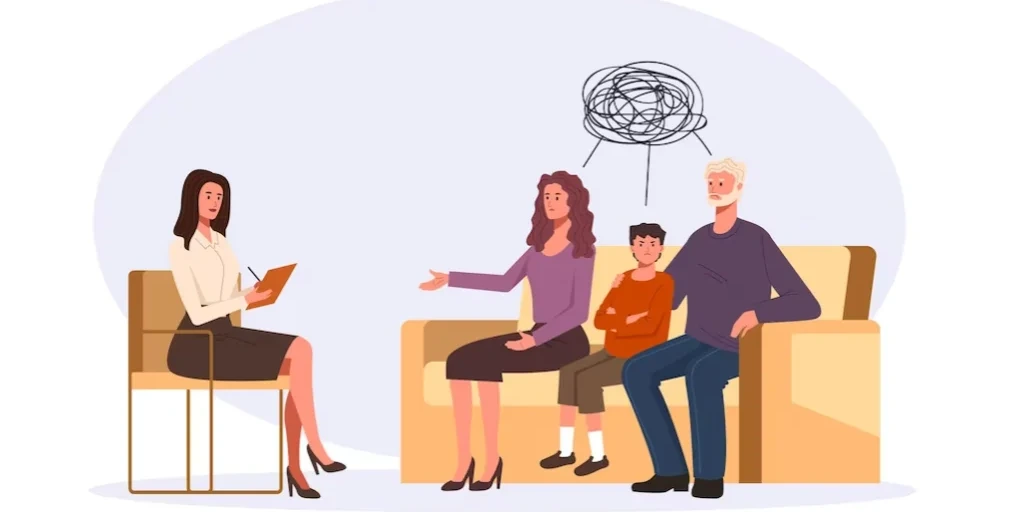24/7 Helpline:
(866) 899-221924/7 Helpline:
(866) 899-2219
Learn more about Dialectical Behavior Therapy centers in Dowagiac
Dialectical Behavior Therapy in Other Cities

Other Insurance Options

Absolute Total Care

Anthem

Meritain

Evernorth

Humana

CareFirst

United Health Care

Regence

Coventry Health Care
Beacon

Optum

Ceridian

Horizon Healthcare Service

Holman Group

Aetna

Sutter

Oxford

Premera

Cigna

Health Choice






Woodlands Behavioral Healthcare Network
Woodlands Behavioral Healthcare Network works with individuals, families, and the community to inspi...





















































































